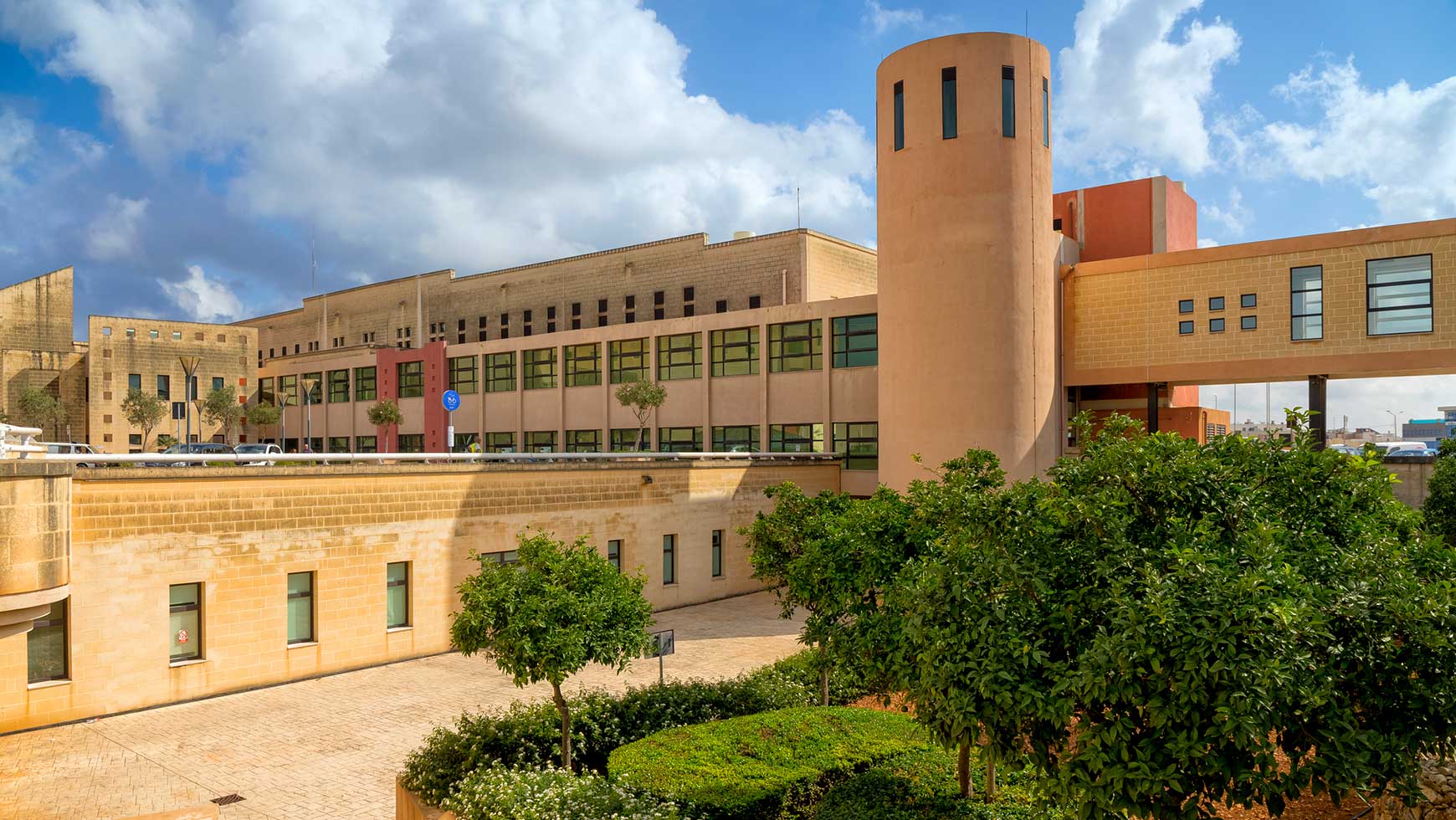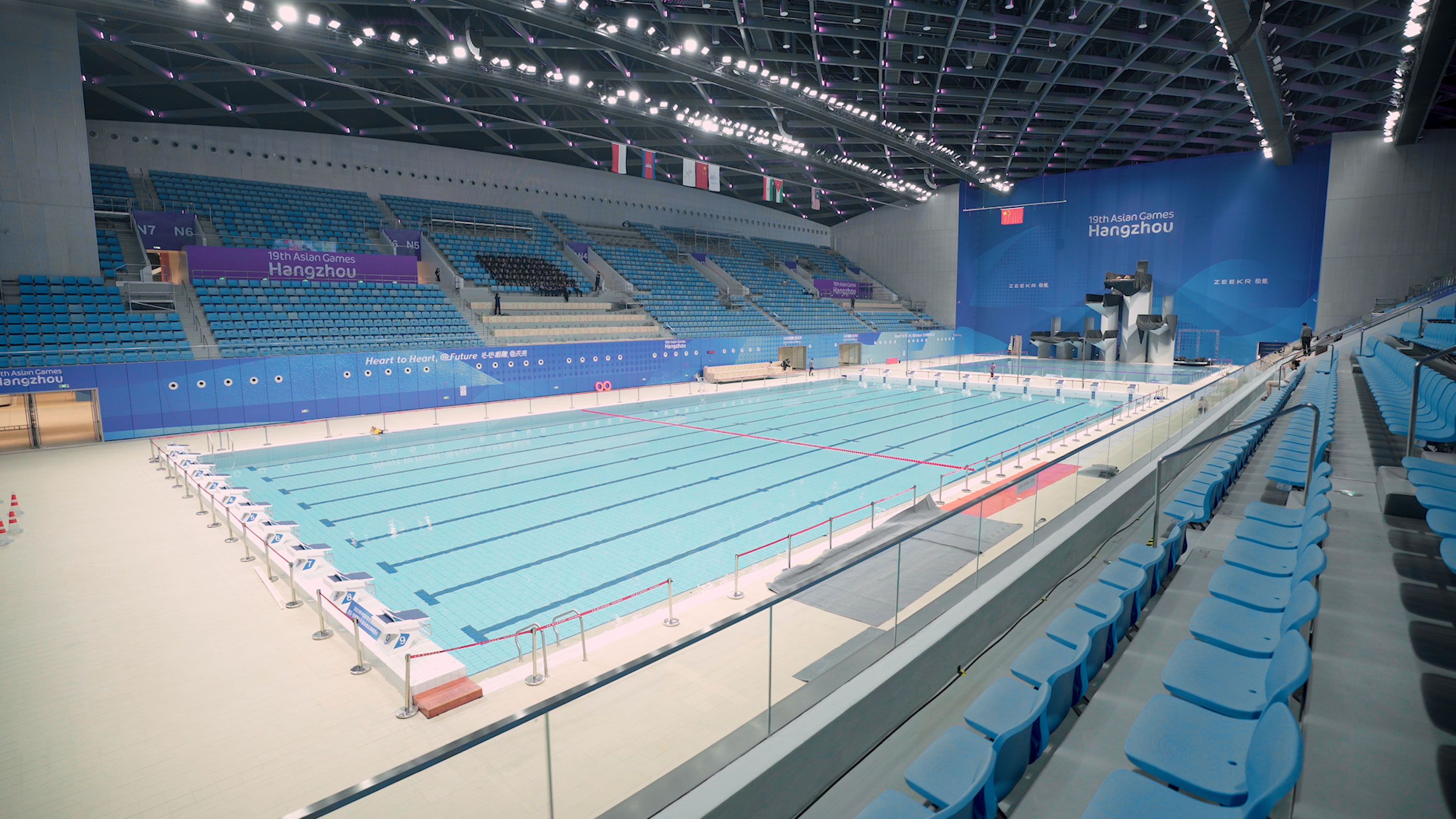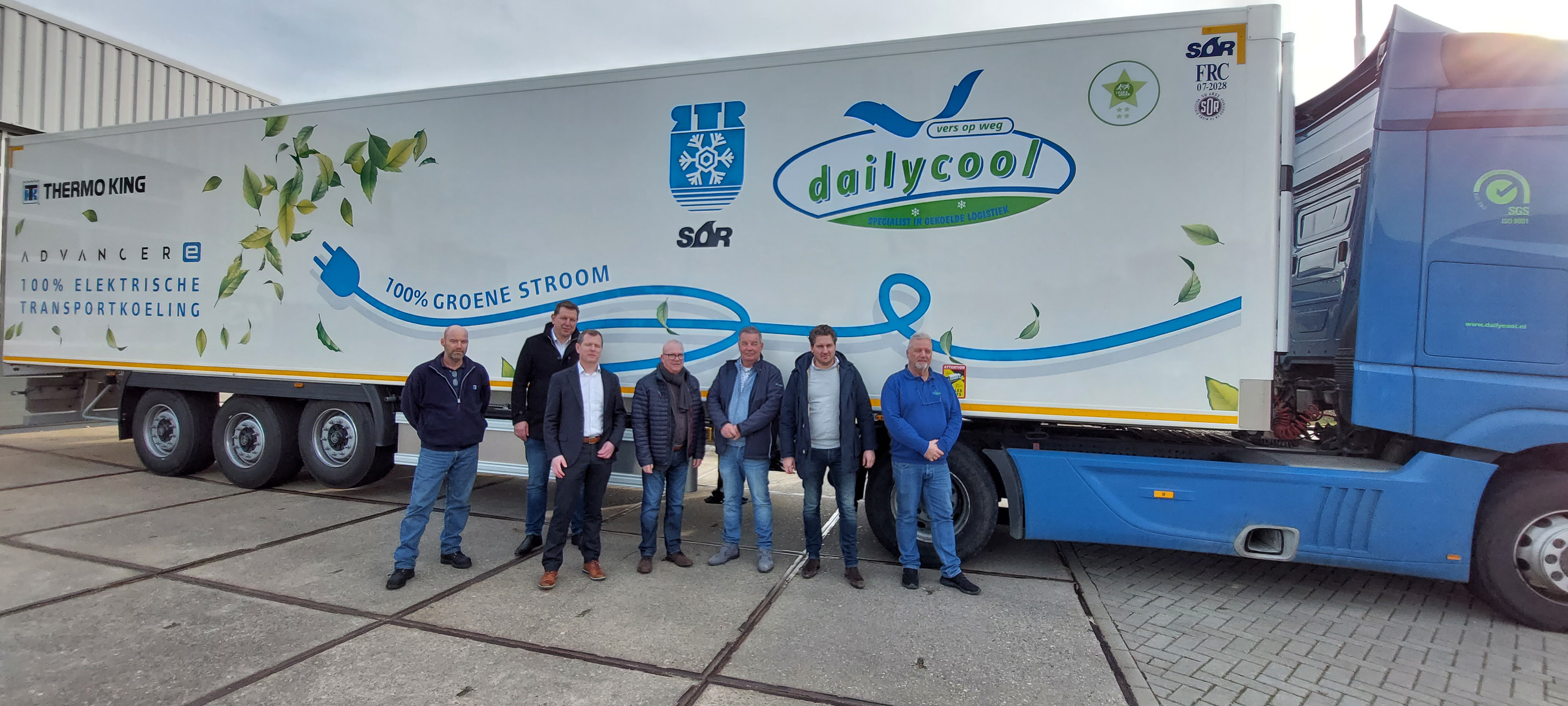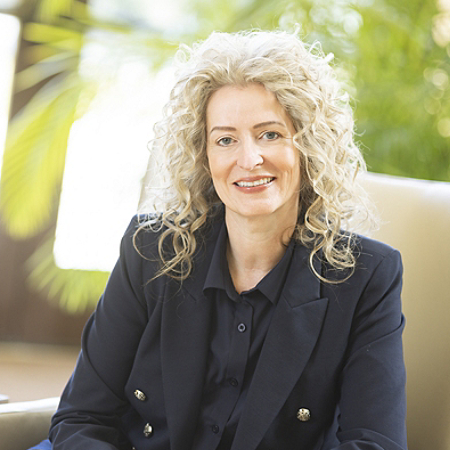As an island nation in the center of the Mediterranean Sea, The Republic of Malta has limited natural resources; therefore, scarcity is a pressing concern for development. Being surrounded by the sea presents additional complexities for building infrastructure due to the presence of salt in humid air and the increased potential for equipment corrosion and indoor air quality challenges.
Now consider being a hospital operating in that environment - using an aging HVAC system with parts failing at a higher-than-normal rate, along with a reliance on fossil-fuel boilers producing undesirable emissions and particulate matter byproducts into the air of the surrounding area.
The Mater Dei Hospital is the largest in Malta, with multiple patient wards (most of them specialized), a High Degree Isolation Unit (HDIU) for infectious diseases, pathology labs, 19 operating theatres, radiology, dentistry, and pharmacy departments, and an affiliated medical school for learning.
When considering an HVAC system for a such a vital and health-oriented facility like a hospital, indoor environmental quality (IEQ) is a peak concern to minimize any spread of illness and maintain comfortable patient rooms. Couple that with a focus on improving energy and operating efficiency, and you have quite a challenge ahead.
Partners for the long-term
As a partner wanting to help, no matter the equipment choice of our customers, Trane Technologies’ local team recognized the frequent replacements were costing the hospital considerably more than the cost of new Trane equipment and ongoing expert maintenance. Even a group of energy and sustainability experts at a local University got involved, conducting a study to determine if the cost savings Trane would provide were beneficial for the hospital. Their conclusion was that savings would be substantial.
“When Mater Dei Hospital decided to replace all the existing chillers due to aging, it was decided to investigate whether the existing heat recovery system can be improved. Trane’s water-cooled heat pump chillers have a maximum condenser temperature much higher than the previous configuration,” shared Ramon Tabone, Senior Mechanical Engineer with the hospital. “That is what made the project possible and resulted in considerable diesel fuel savings and reduction in CO2 emissions to the environment.”
Over the course of the project, Trane has become a one-stop resource for the hospital, creating an effective partnership while supporting the facility's distinctive challenges. With a unique combination of electric technologies, including air-cooled chillers, water-to-water heat pumps, controls and Trane's BMS Tracer SC system, Mater Dei Hospital can now meet strict IEQ standards, including dehumidification requirements, while also monitoring and reducing energy use. Plus, right-sized maintenance services will extend the useful life of the equipment and ensure peak operating performance.




















